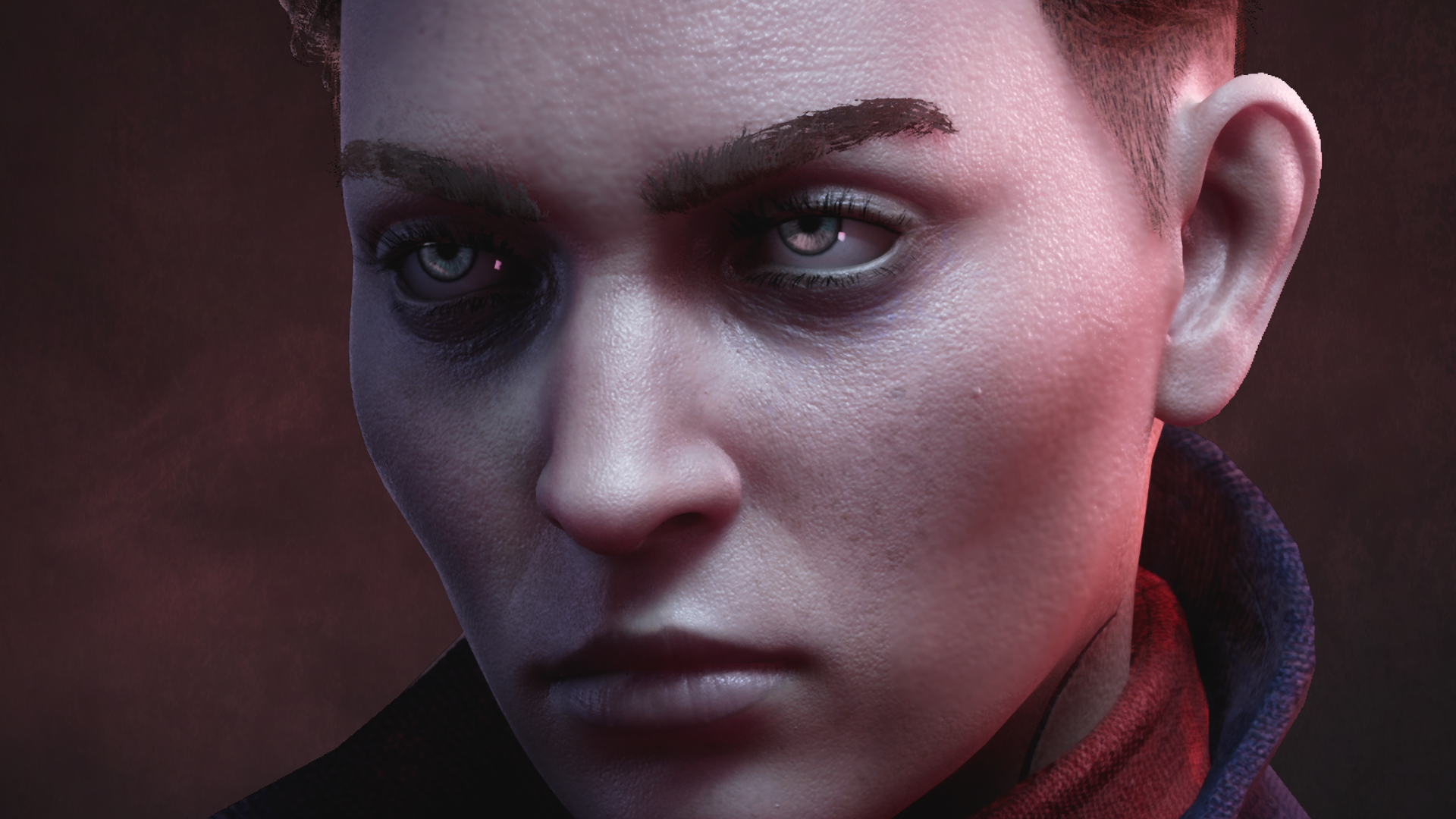
Eighteen-year-old YouTuber Christopher Slayton recently crafted entire planets, black holes, galaxies, and, well, the entire cosmos. And he used nothing but the blocks within Minecraft.
In the more than a decade since its release, Minecraft has evolved into a creative powerhouse, with its millions strong community working together to build a pantheon of block-based wonders, ranging from the Starship Enterprise to the gothic cityscape of Yharnam from Bloodborne.
Recently, Christopher Slayton — who goes by the handle ChrisDaCow on YouTube — decided to take the sandbox’s creative potential to its grandest scale yet, by attempting to recreate the entire cosmos… or at least the elements we know best.
Slayton started off by painstakingly recreating planet Earth. This would end up being a relatively humble beginning compared to what was to follow, however it still took the block artist a grand total of three days to measure out the continents and get the surface colors, clouds, and lighting just right. Illuminating the globe proved to be particularly challenging, but by making the most of a tool that lets you ‘paint with light’, Slayton was able to give his creation immersive lighting gradients and effects.
With Earth complete, Slayton went on to create the other planets in the solar system. Some of these worlds orbit with a noticeable tilt, which was recreated in the newly born digital universe by painting the planets at an angle. This added layer of complexity was compounded by the fact that three of the planets — Saturn, Uranus and Neptune — host their own distinctive ring systems.
Finally, Slayton was able to block-build the Sun — complete with an apocalyptic number of solar flares — with the help of some of the brightest blocks in Minecraft.
From here the scale of the subjects that Christopher sought to build got ever more ambitious, as the digital artist took aim at recreating one of the most iconic cosmic structures discovered to date: the Pillars of Creation.
This vast collection of interstellar dust and gas is in reality a stellar nursery that forms part of the Eagle Nebula. With a width of around 4.5 light-years, the pillars of creation are radically larger than anything he had designed to date. However, for practical reasons, Christopher decided to keep the size of his Minecraft representations comparable to his model of the solar system.
In a video posted to his YouTube channel, Slayton explained, “Every time I made a build, the actual scale was going to stay almost exactly the same, while the size of the object in the universe was going to get exponentially larger in light-years”.
Impressively, while creating the Pillars, he took into account their real-world positions relative to one another, and even modeled the major stars that are studded throughout images of the nebula that have been captured by Hubble and other telescopes.
I just posted a video where I BUILD the ENTIRE UNIVERSE in Minecraft! It is my best video yet!https://t.co/FWdQbVumLm
— ChrisDaCow (@Chr1sDaC0w) October 3, 2022
Christopher then sought to recreate one of the most evocative and awe-inspiring celestial objects in the universe: a black hole. These cosmic creations are fairly common in one form or another throughout our universe, and supermassive versions of them are thought to lurk at the heart of almost every large galaxy like the Milky Way.
Slayton decided to base his work on the black hole ‘Gargantua’, from the 2014 Sci-Fi movie Interstellar. Whilst fictional, this singularity — and its light-bending properties — is an excellent representation of how an actual black hole would appear if we were somehow observing from orbit without being brutally spaghettified by its intense gravitational influence.
Naturally, figuring out the curves of a black hole is a challenging endeavor when you have nothing but square blocks to work with. However, Slayton was able to use hundreds of lines of blocks as guides to create the singularity’s light curves, and then light them in such a way as to appear as an impressive Minecraftification of Gargantua.
Next up he painstakingly created a cluster of Milky Way-like spiral galaxies and, finally, got to work on a representation of the entire universe. Based on computer simulations, many astronomers believe that the universe, if viewed from very far away, would appear as a vast cosmic webb, wherein filaments made up of glowing galaxies and clouds of gas are punctuated by voids of nothingness.
In total, it took Slayton over a month to create his digital universe, which has to be one of the most impressive and massive Minecraft builds to date. Time very well spent in our opinion.
Anthony Wood is a freelance writer at IGN






